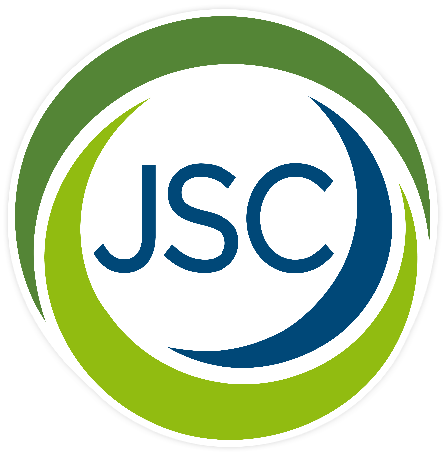Congratulations fourth year medical school students—you have made it through what was likely one of the most stressful and pivotal moments of your professional life. While many of you may be disheartened because you didn’t match at your first choice institution, we have news for you: it’s okay.
According to The National Resident Matching Program, last year 93.9 percent of students matched to first-year positions, but only 51.6 percent matched with their first choice for training. The good news? They will still become doctors. And so will you.

In order to overcome this initial disappointment—and we promise you will—consider the following.
- Compatibility does not define competency. Your professional compatibility is not necessarily a reflection of how impressive you are, or whether the faculty liked you. Institutions use a variety of criteria to match residents, including letters of recommendation, grades, professionalism, cultural fit, and more. By gaining a better understanding of how your top choice ranked these factors, it will become easier to accept why that institution wasn’t the best fit for you, and vice versa. After all, there are only so many open positions. If a residency program has two spaces open, and is the top choice of three applicants, at least one of those applicants is out of luck.
- You end up where you are supposed to end up. The Match uses a highly-sophisticated algorithm designed to lead to the best overall outcome for applicants and residency programs alike. It works so well, in fact, that the researchers who developed the system won the 2012 Nobel Prize in Economics for their work. In the end, you are going to a program that wants you to be there. Just as you only ranked programs where you wanted to train, residencies ranked applicants who they felt would be the best fit, possibly for the long term. If you have a match, it means that both you and the program managers agreed that you fit in there. What more could you ask for?
- Research spurs excitement. Start researching the place you will call home for the next several years. What does the organization’s culture look like? What do people in the community do for fun? Where are the best neighborhoods for young professionals to live? Regardless of where the program ranked on your list, it will soon become your new home. By learning about your new community before you begin, you’ll go into it with confidence and positive energy—both of which you’ll need during your residency. Remember, you are about to embark on a journey that will dictate the rest of your career—learn all you can about your new home, institution, and surrounding community to build excitement.
Ultimately, it’s important to remember that, in the end, everything will work out. You will become a doctor. Take a deep breath, trust the system, and get ready for the beginning of the rest of your life. Good luck!



